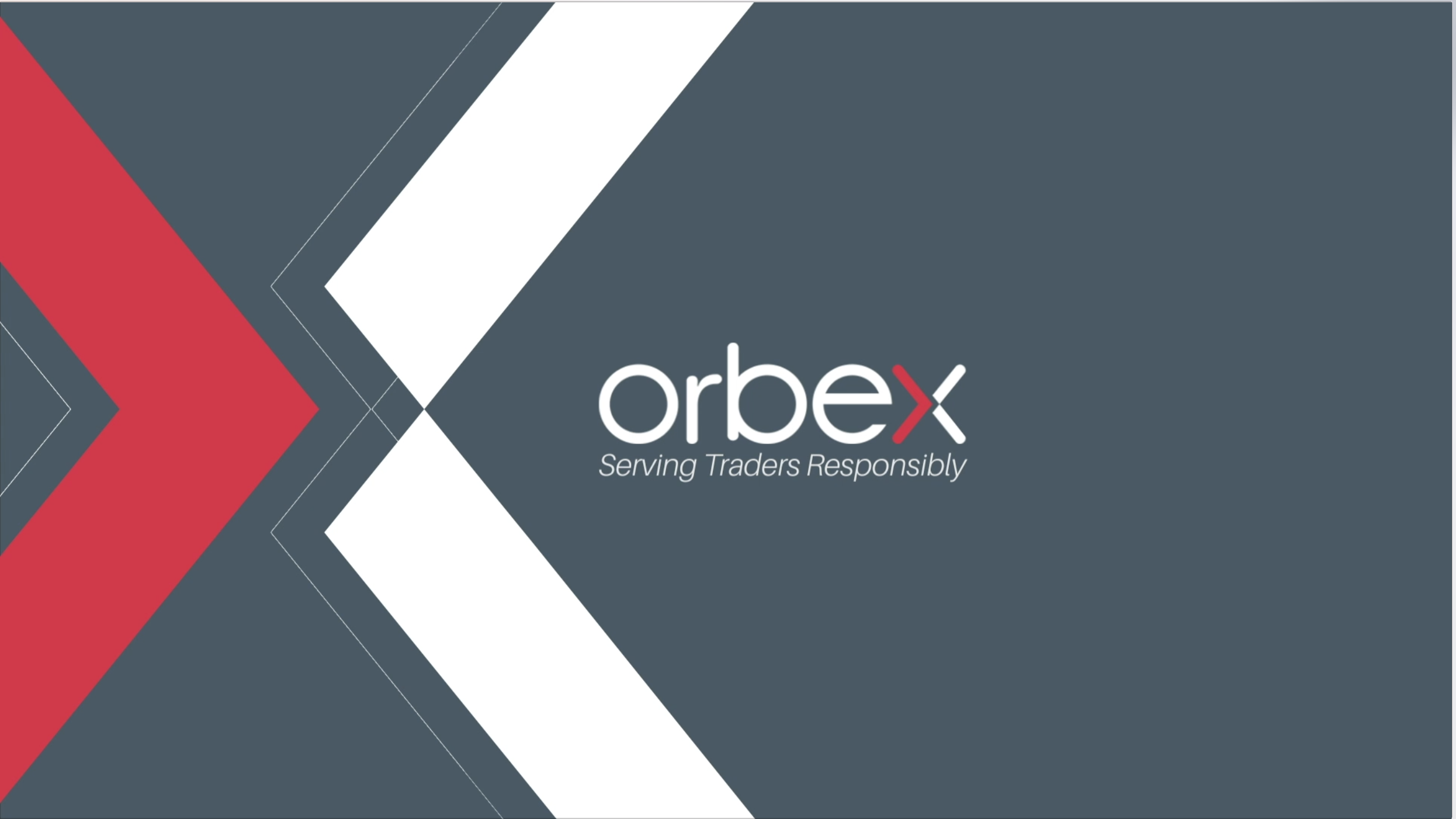Draghi’s positive comments push bond yields higher
Comments from ECB President shows how markets can react to hawkish statement

Investors got a brief glimpse of how markets could react to positive remarks from the European Central Bank. The 10-year bond yields rose to the highest level since mid-June on Monday. The spike in the bond yields came after the ECB President Mario Draghi said that there was a “vigorous” uptick in inflation and building price pressures in wage growth across the Union.
The comments came as the ECB President gave his remarks at an event called “Trends and developments in the use of euro cash over the past ten years” on Monday last week.
The ECB is preparing the markets for ending its crisis-era monetary policy. After starting its fiscal stimulus program in March 2015, in the aftermath of the Lehman Brothers collapse and the global financial crisis, the central bank is heralding a new era.
The central bank’s bond purchases come to an end in December this year. At its previous meeting, the ECB announced that the bond purchases would be cut down to 15 billion euro starting October before ending by December 2018.
Investors, as a result, are focused on what comes next. Interest rate hikes.
The central bank however squashed bullish speculation by noting that rates would remain unchanged at historic lows for almost six months after QE ends.
In this backdrop, any positive comment about the economy is resulting in the markets responding bullishly to the news.
Inflation in the Eurozone currently stands at 2.0% which the ECB is targeting. However, core inflation rate still has some room to grow which the central bank is focusing more on.
While briefly spiking to 2% target, inflation has eased back only to bounce back to the 2.0% inflation target rate. Recovery in inflation depends mostly on interest rates staying low through next summer; the ECB president said during the event last Monday. The comments were seen as a way for the ECB President to stress on the fact that monetary policy is still flexible.
However, using hawkish terms such as “vigorous” and expressing confidence in wage growth were seen as positive by the markets. This led to a brief spike in the yields and the euro currency as well on Monday.
Following the ECB’s commitment to keeping interest rates steady until the end of summer next year, investors are already speculating on the number of rate hikes that could come next year. For the moment, speculation is rife that the ECB could hike rates twice by the end of 2019.
However, a lot will depend on how the economy performs throughout the period. The risk of global trade wars bringing higher tariffs is detrimental to growth. This was something that the ECB pointed out in its latest monetary policy meeting.
In his comments, Draghi said that annual headline inflation was likely to average around 1.7% each year by the end of 2020. He said that there was a slowing contribution from the non-core components of the general index. However, he noted that there was increased activity in the uptick of underlying inflation.
Core CPI, which strips the volatile food and energy prices are expected to reach 1.8% by 2020, Draghi said.
Analysts were quick to point out that by using the term “vigorous” the ECB president was sending a signal to the markets about improving outlook in the economy.
Besides the German yields, French, Netherlands and Austrian bond yields also spiked to the highest level in two months. The most significant effect was seen from the shorter term bond maturities such as the two-year yields.
German Ifo business sentiment eases in September
While the news was positive, forward-looking indicators showed a different picture. The German business sentiment was seen easing in September after rising sharply in August. Companies participating in the survey noted that they were lowering their outlook.
The data released by German institute, Ifo showed that the index fell to 103.7 in September compared to a revised print of 103.9 in August. The data beat estimates but was lower compared to August.
“Despite growing uncertainty, the German economy remains robust,” the Ifo president Clemens Fuest said on the report.
Manufacturing sectors were more pessimistic in assessing the current situation compared to August. But in contrast, business expectations rose to the highest level since February.




